In the past few years, South Africa started to focus on harnessing the power of the sun to cater to the energy needs of the country. South Africa started with only a few million dollars of investment that gradually amounted to US$5.7 billion. The country can now boast that it is the world’s fastest growing investor of clean energy.
The UNEP (United Nations Environment Program) closely monitors the solar advancements continually occurring in the continent. According to UNEP, South Africa now has the world’s top renewable energy projects.
Moving from coal to solar power
The use of solar energy has surged in the past few years since South Africa endeavored to minimize it dependency on coal for energy. Statistics show that about 86% of South Africa’s energy was coming from coal, a rather high percentage compared to other nations. Reducing the use of fuels like coal has been the long-term goal of the country.
South Africa is looking forward to a future that no longer relies in using coal to produce energy and in order to reach that, the country set a target of generating 18 gigawatts (GW) of clear energy by the year 2030. Looking at the numbers as well as recent developments in the solar industry in Africa, this goal is not far from being realized. The country’s target is also slowly being realized due to the continued support and investment of multinational companies that concur to the notion of using renewable energy.
Google’s support
A lot of investments are pouring in to further advance the solar initiatives of South Africa and among the first to put money in the project is Internet giant Google. Google has been part of many other ventures related to using solar power as a renewable energy source. It has spent over $1 billion in Europe and in the United States in the past few years. In May, the company announced that it would give its full support to the Jasper Power Project being constructed in the Northern Cape. Google pledged a $12 million investment, which is going to create a 96 MW solar photovoltaic plant for the energy needs of the local community.
According to Rick Needham, Director of Energy and Sustainability of Google, the company only pursues investments that they believe has a financial logic. Needham added that sound policies and firm resources in South Africa concerning renewable energy make the country a very attractive investment site.
Jasper’s power
The Jasper Project, once finished, is set to be one of the largest solar installations in the African continent. The whole project is expected to cater to more than 30,000 homes, a fairly huge and massive undertaking compared to other solar plants.
Considering Africa’s lack of stable energy source, harnessing the power of the sun is not only beneficial for the locals but also favorable for investors. A huge part of the continent receives around 4kWh to 6kWh per square meter of solar radiation every single day, making it the perfect spot to build solar installations.
Image attributed to http://www.freedigitalphotos.net/images/Solar_Panels_g390-Solar_Panels_p136486.html


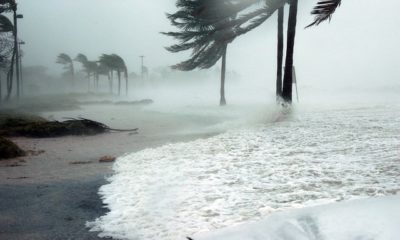
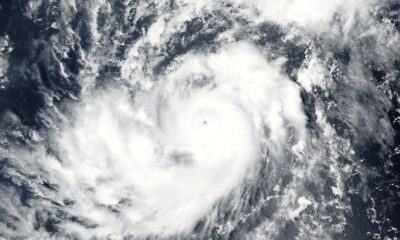
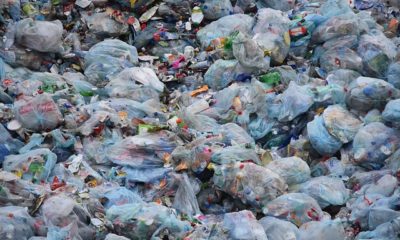
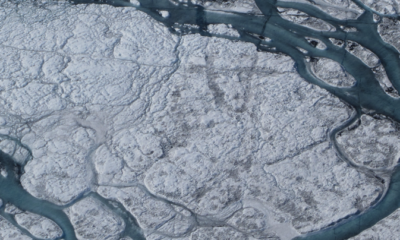
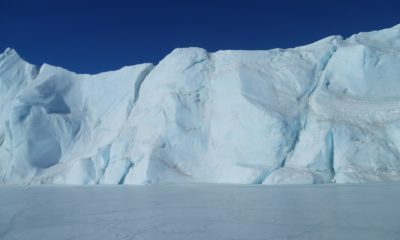

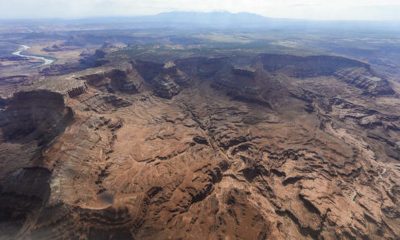
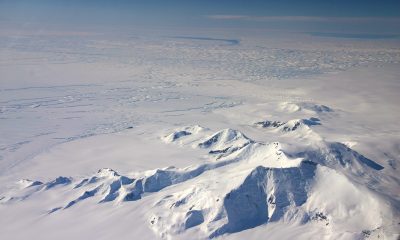





Facebook
Twitter
Pinterest
Google+
LinkedIn
Email